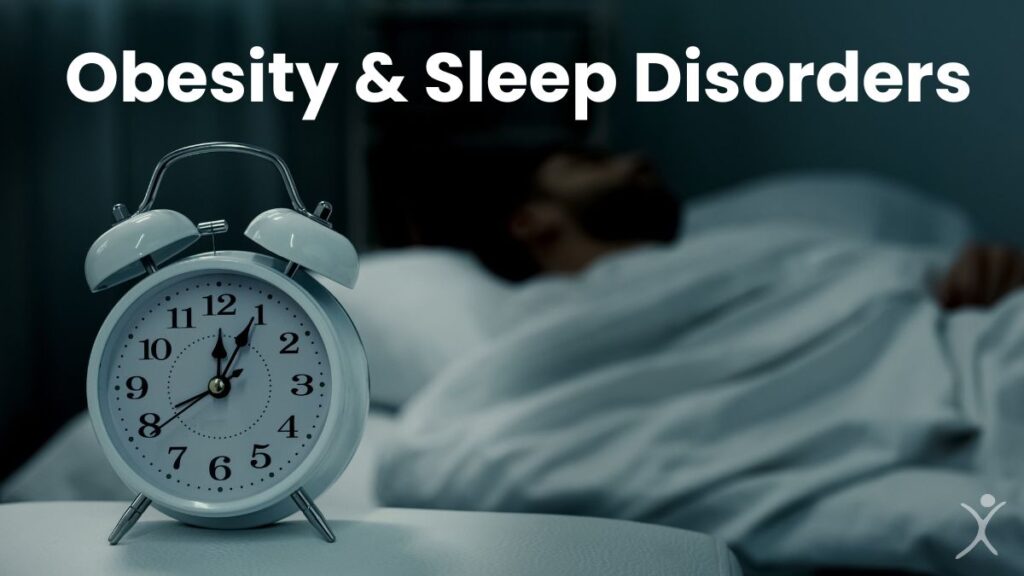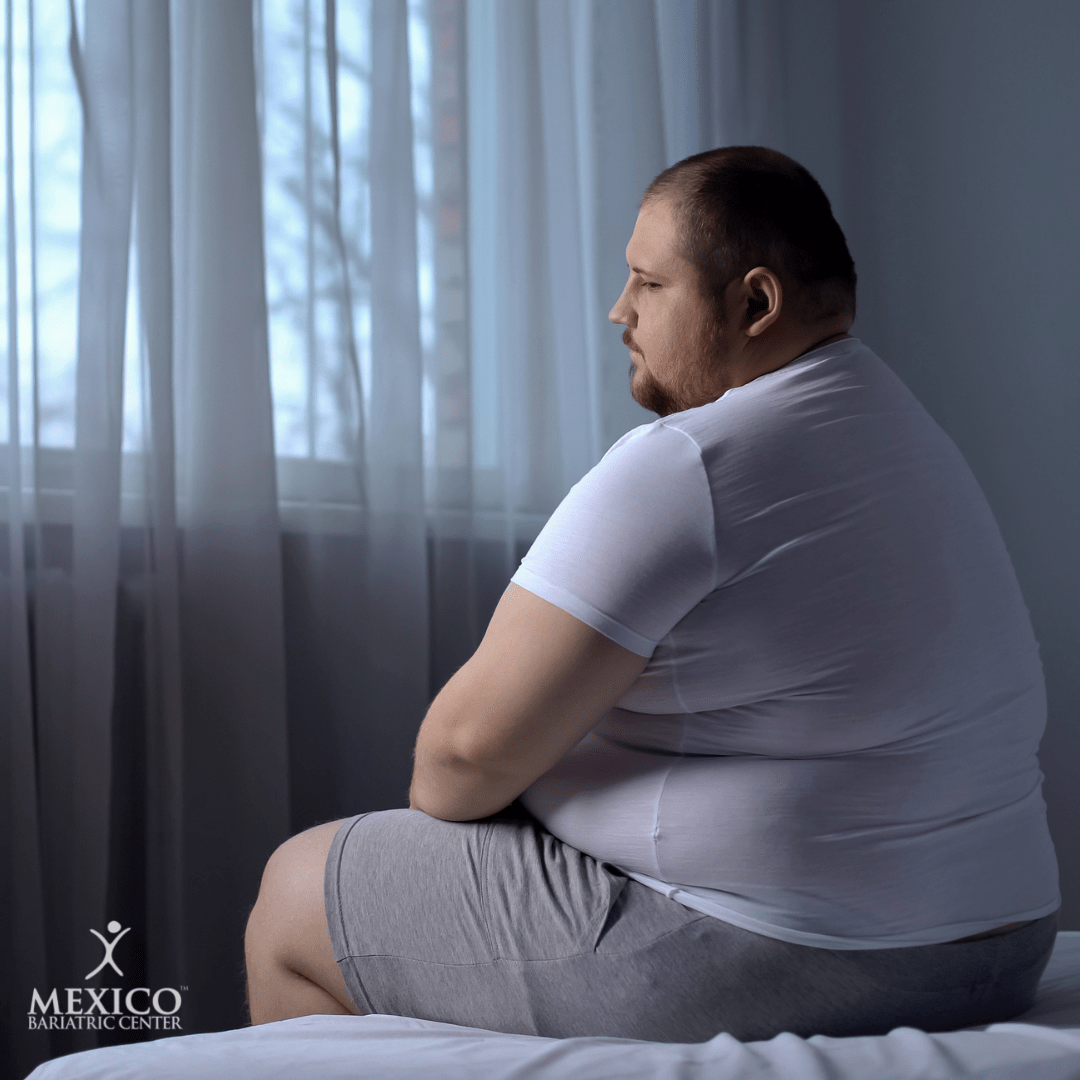In recent studies published in the Lancet, the number of obese individuals worldwide has doubled since 1980. The sleep industry has also increased in market size, with “nearly 50% of Americans taking prescription-grade sleeping medication or over-the-counter products” 1
So why is everyone having problems sleeping, and what does obesity have to do with it?
Is Obesity a Cause or Effect for Sleep Disorders?
Body Mass Index is a calculation that determines if you are normal, overweight, obese, or morbidly obese. Based on your height and weight, obesity is classified as having a BMI of 30+.
Developing evidence from independent studies suggests short sleep durations are a risk factor for developing obesity and its complications. Sleep is essential as it helps regulate the neuroendocrine process and glucose metabolism.
This obesity epidemic has been linked to sleep deprivation, leading to a condition known as insomnia.
Why does obesity cause insomnia?
Insomnia: Insomnia is the inability to fall asleep no matter the condition. Some causes of insomnia can be short-term issues, such as stress or an illness. Long-term insomnia could involve:
- Unhealthy habits or sleep patterns
- Prescription medications
- Other chronic conditions such as obesity
According to recent research, insomnia is much more likely to be reported in overweight people. Studies show that people who get less than 8 hours of sleep are more likely to have elevated glucocorticoid (like cortisol) levels in their bodies—resulting in stronger cravings for foods higher in sugar and fat, leading to more weight gain.
Obese individuals also tend to have higher emotional strain and depression levels, leading to poor sleep quality and an endless cycle of sleep deprivation. Insomnia is also linked with an increased risk of developing heart disease.
Sleep Loss leads to more weight gain.
It’s crazy to think that sleeping disorders are a side effect of obesity, but obesity is also a side effect of a sleep disorder.
Sleep deprivation not only makes you suffer from daytime fatigue, but it can also alter the hormones that help regulate your appetite. These hormones are known as ghrelin and leptin.
Ghrelin is the hormone that helps facilitate our hunger drive. Higher amounts of ghrelin enter our bloodstream with deprived sleep, increasing our desire to eat more and crave higher fat foods.
On the other hand, leptin is a substance that controls our satiation, which is our sense of feeling full. Losing too much sleep will result in less leptin present in the bloodstream, which will lead to overeating and weight gain.
Losing weight leads to fewer sleepless nights.
Obesity increases the likelihood of developing obstructive sleep apnea. This condition happens when the airway becomes blocked during sleep, either partially or entirely. These temporary blockages cause frequent awakenings, increasing the risk of coronary heart disease by 30%, stroke by 60%, and heart failure by 140%.
Studies have shown that losing weight by either diet or exercise alone can decrease sleep apnea, leading to a better sleep cycle. Typically, active people sleep better due to burning more calories throughout the day and making the body more prone to better sleep. If you are pre-diabetic or have diabetes, weight loss can improve your blood sugar control and help reduce conditions like restless leg syndrome.
Losing overall weight is key to improving your sleep but, more specifically, your belly fat. Visceral fat, fat around the abdomen, is associated with diabetes, heart disease, dementia, breast and colon cancers, and other chronic conditions. Of course, it isn’t as easy as it sounds since genetics play a big part in deciding where our body burns fat during weight loss. Regardless, overall weight loss will help lead to a better sleep cycle.





